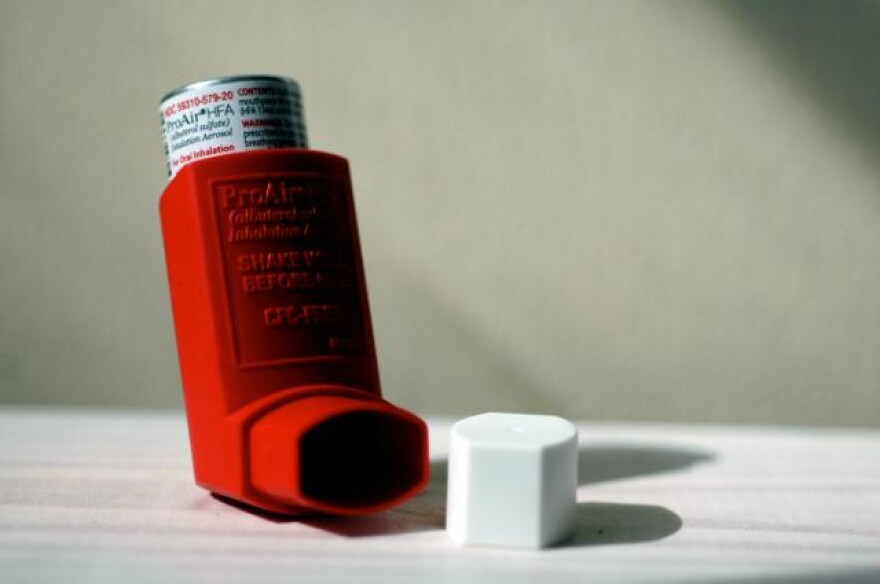In a recent study from the University of Chicago, people with asthma experienced more lung inflammation when they thought the presence of a certain odor was harmful. Sound Medicine interviewed study author Dr. Pamela Dalton, a smell expert at the University of Chicago, and she spoke about the implications of her research for asthma patients.
On how thoughts can lead to symptoms:
“Some of what’s happening may be very individual, and it may not be general. But when asthmatics are taught that odors are a danger for them, we think that part of what is happening is that the belief system takes over and causes them to experience symptoms that may not be caused by the odor itself.”
On the odor used in the study:
“It smelled sort of like an artificial rose. It’s a common chemical that we use in research. And it’s important, because it doesn’t produce irritation. Think of a smell like ammonia or bleach or even something very strong like a perfume that has a lot of ethanol. When you get into a certain concentration, that is actually more than just an odor.”
On the study results:
"The group that was told the odor could be somewhat harmful, rated the odor as being much more irritating and in fact they reported more symptoms during exposure to the odor. The group that was told that it might help them or at least wouldn't hurt them, did not. What really surprised us was what happened to their physiology just by the suggestion that this odor could be harmful. The suggestion that they were smelling something harmful was sufficient to cause an increase in their airway inflammation, not only immediately after but 24 hours later when we brought them back."


